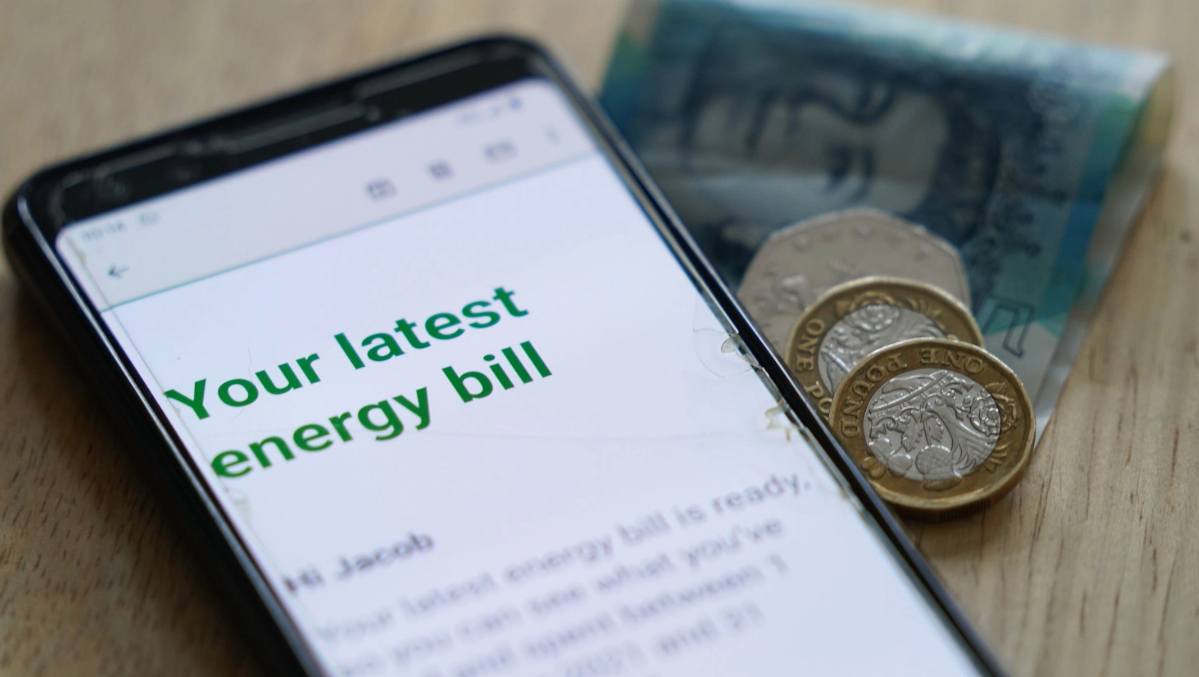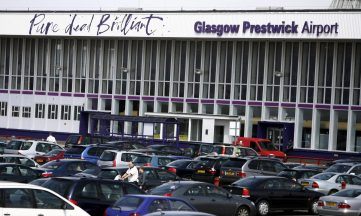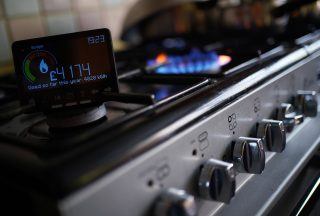The poorest households are more likely to experience higher energy costs than their more affluent counterparts, research has suggested.
The Edinburgh University study found that between 2011 and 2019, poorer households paid on average 10 to 20% more for both gas and electricity than higher income families.
Higher premiums can incur through the use of pre-payment meters, the presence of children or unemployed adults in the home and those living in rented accommodation.
Researchers combined two sets of UK household data to assess the energy premiums faced by poorer households.
The study found household poverty status “significantly” impacted the likelihood and intensity of energy premiums, even when other factors such as property type, payment method and location were considered.
Fiona Rasanga, a PhD student at Edinburgh University who led the study, said governments could use the research to keep track of the economic impact of the energy poverty premium on homes.
She said: “The findings shed light on how the poverty premium – or the idea that the poor pay more for essential goods and services – directly impacts the economic wellbeing of poor households.
“Policymakers could use the proposed measurement approach to keep track of the poverty premium and its economic impact on households.”
A Department for Energy Security and Net Zero spokesperson said: “We will fix our broken energy system by investing in clean power – guaranteeing our energy security and protecting people against price shocks.
“We will also support households to cut their bills and reduce fuel poverty. The £150 Warm Home Discount for this winter will launch in October and we expect it to support three million households.
“Through our Warm Homes Plan, we will support investment in insultation and low-carbon heating – upgrading millions of homes this parliament.”
A Scottish Government spokesperson said: “The Scottish Government is committed to tackling fuel poverty and has consistently supported vulnerable households through a range of actions.
“Our Winter Heating Payment has supported well over 410,000 low-income households, an investment of £23 million. We also made over 30,000 Child Winter Heating Payments last winter totalling £7.2 million.
Since 2015, the Warmer Homes Scotland Scheme has helped 37,000 households in or at risk of fuel poverty to become energy efficient and 120,000 families have benefitted from energy efficiency support through area-based schemes.
“In this way we are helping mitigate additional heating costs for many households during cold winters and the ongoing cost-of-living crisis.
“However the UK Government must utilise their many levers in this area to tackle fuel costs at source, including the introduction of a social tariff.”
Follow STV News on WhatsApp
Scan the QR code on your mobile device for all the latest news from around the country



























